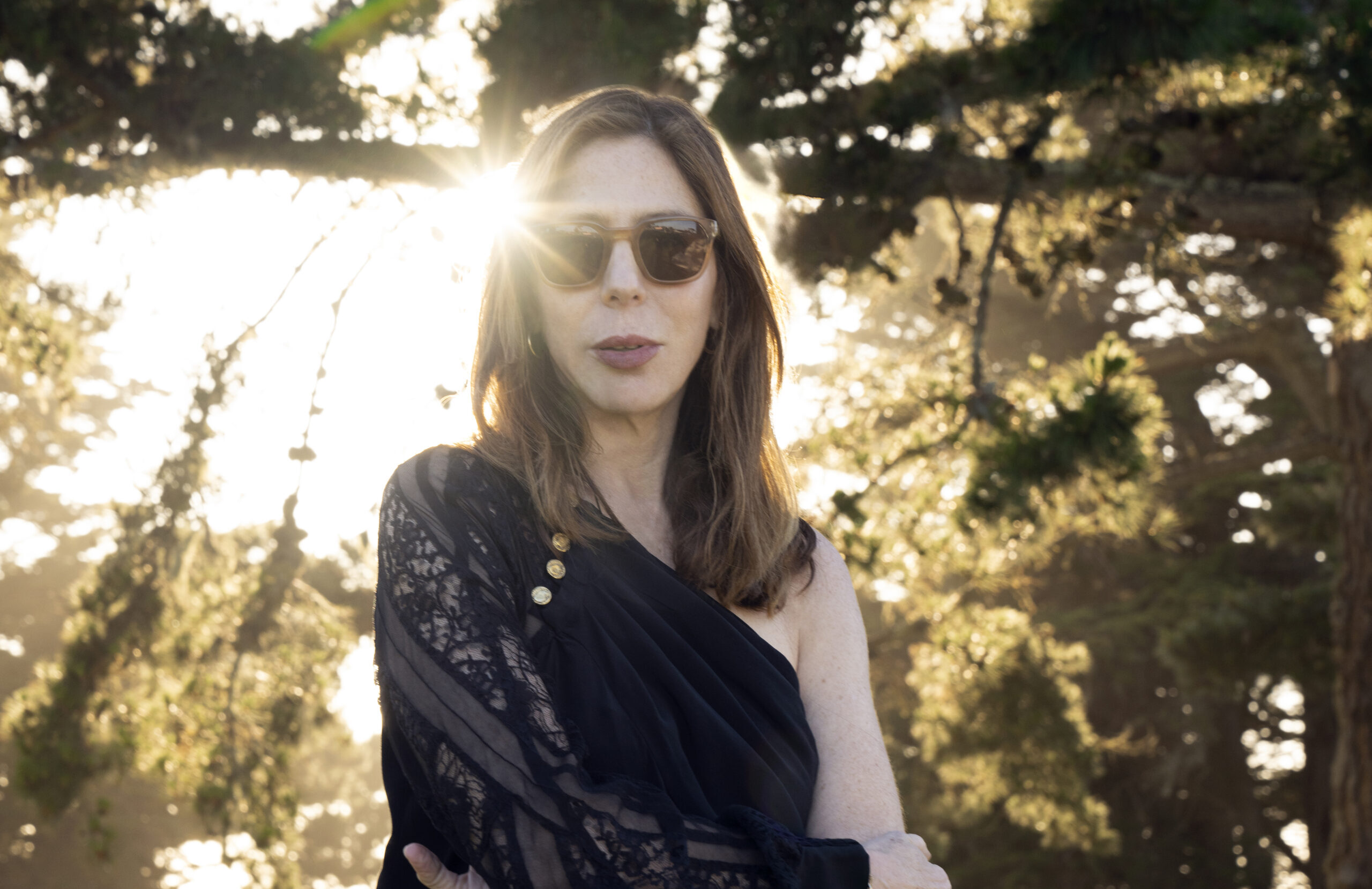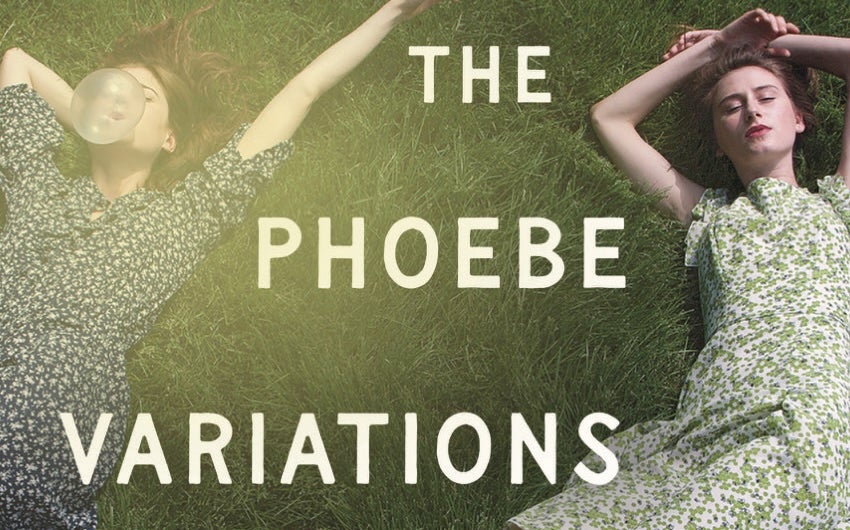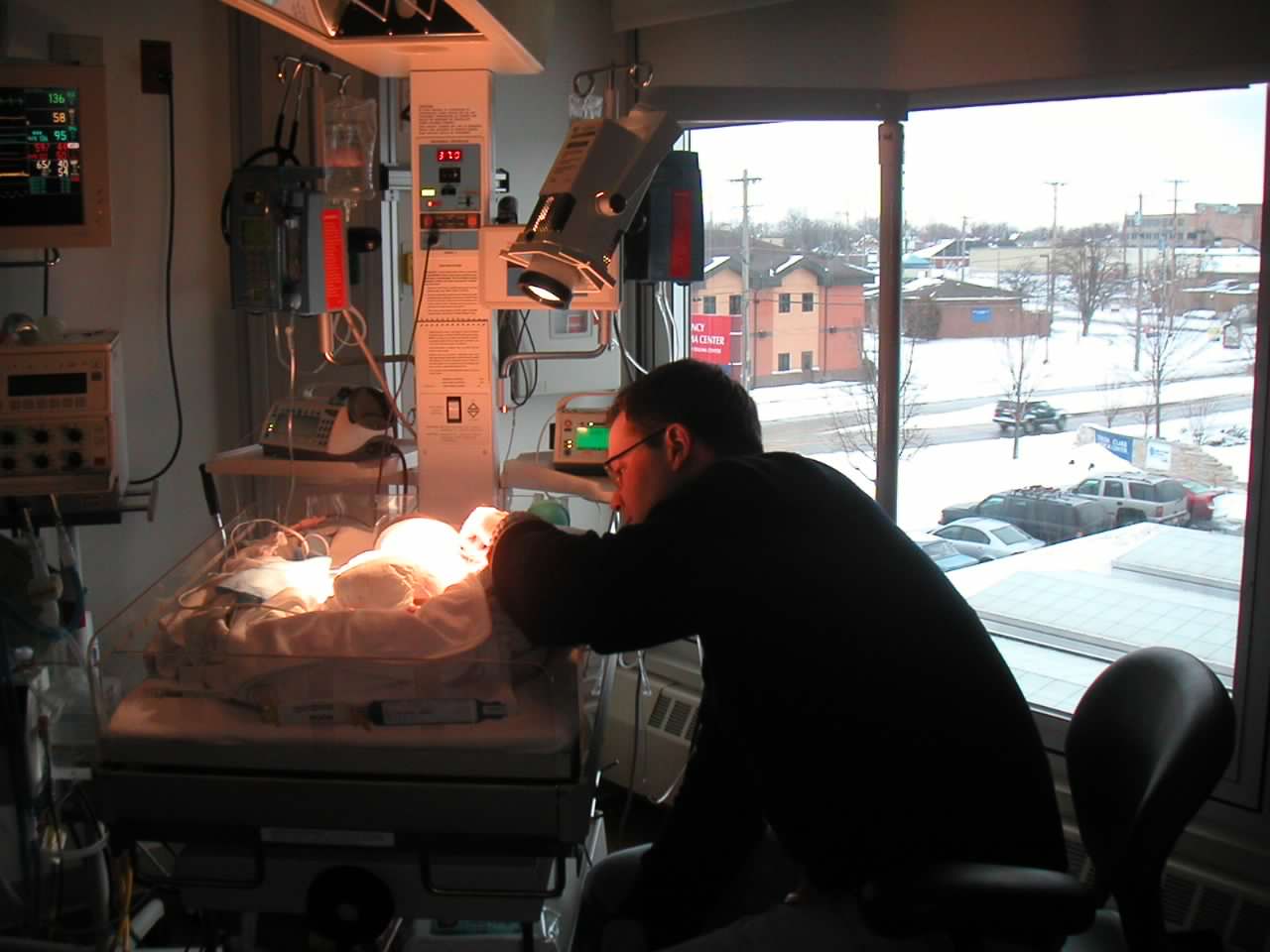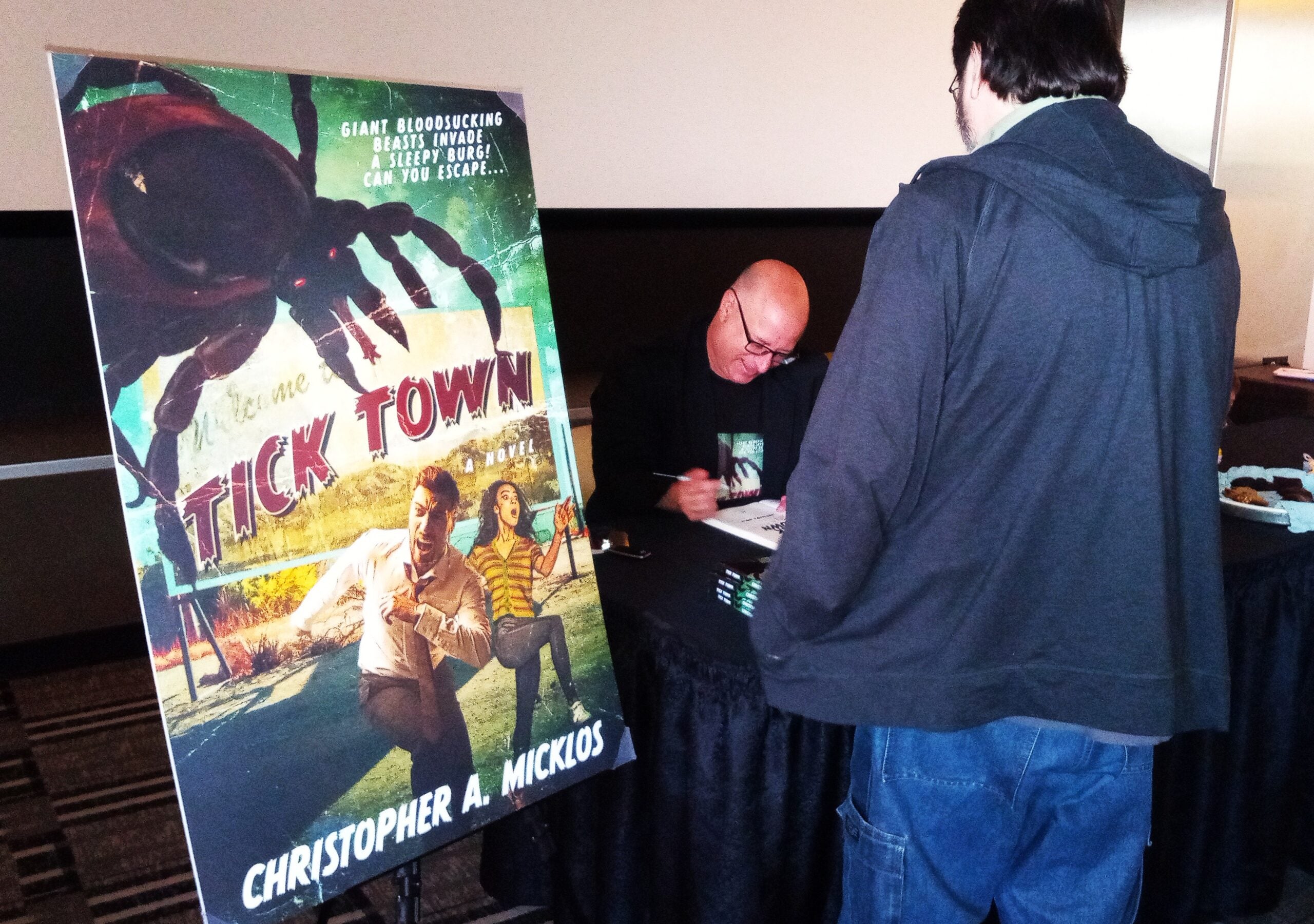Rachel Kushner’s latest novel, “Creation Lake” bears all the hallmarks of her literary legacy. It’s big on ideas, fast on pacing and features her remarkable prose and another fascinating protagonist to take you through the journey.
The book is set in rural France and is following Sadie Smith, a former government agent of disrepute turned mercenary spy who is attempting to infiltrate a revolutionary group, Le Moulin. That group is led by the dashing and charismatic Pascal Balmy who consults with a former resistance leader and philosopher, Bruno Lacombe, who has gone underground — literally.
Even though the story is set over a decade ago, it feels timeless. Kushner is exploring ideas like capitalism, the merits of activism, the unflinching powers of nature and the exploits of humanity.
News with a little more humanity
WPR’s “Wisconsin Today” newsletter keeps you connected to the state you love without feeling overwhelmed. No paywall. No agenda. No corporate filter.
She’s been once again long-listed for the Booker Prize for “Creation Lake,” and sat down with WPR’s “BETA” host Doug Gordon to talk about the novel, its characters and their inspirations.
The following interview has been edited for clarity and brevity.
Doug Gordon: You have described “Creation Lake” as an homage to the French crime novelist, Jean-Patrick Manchette. What is it about his work that made you want to pay tribute to him?
Rachel Kushner: I knew I wanted to set a novel in a remote, rural part of France, and the situation or environment would be a group of young people, young anarchists who decamped from Paris to live communally. And they’re set on a collision course with the French state. I had that and I had some ideas and this character who’s interested in a kind of anti-civilization disposition that’s more of a retreat than indignation.
So, I have these different elements, but I didn’t really know who would go there, who would be privy to all of these ideas and this situation and the impending showdown or conflict between this group and the French police.
And I spent one summer reading all of Manchette’s novels. They’re very short. They’re like, you know, 150 pages each or something. And he wrote them all over the span of one decade in the 1970s.
They called him the father of the neo-polar, which is like the new crime novel. I think that I was inspired by him in the sense that I don’t write in genre normally and would not call this book exactly a contribution to genre. But the narrator, Sadie, is herself sort of like a visitor from the world of genre into a more literary landscape, perhaps, if you will.
And without reading him, I don’t think I would have been as interested in doing that because he just made it look so fun.
DG: Very well said. You have said that your protagonist, Sadie Smith, has all the qualities that you think you don’t have. How so?
RK: As her creator, I see her as somebody who moves into a room, sees other people of the room and presumes herself to be one step ahead or several steps ahead of everyone else, and she’s not looking to them for cues on how to proceed. Ever. She only looks to herself.
She thinks that she is kind of all-powerful in her ability to simulate and manipulate other people in order to control outcomes. And I’m not like that at all. I wouldn’t want to control outcomes, but also, it’s just not my natural disposition.
DG: The leader of Le Moulin (the revolutionary group) is Pascal Balmy, and he seems to be the second coming of the French theorist, Guy Debord. How did Debord’s work influence “Creation Lake“?
RK: Debord is a fascinating character to me. He is an incredible writer and like a genius rhetorician.
And he points out the contradictions of French society and all capitalist society in his sort of masterwork, “The Society of the Spectacle,” which is also a film.
One thing about Debord is that he is very charismatic, he’s mysterious, and he did not foment revolution in France. Instead, he merely became famous.
And I sort of position my fictional character, Pascal Balmy, as having a lot of the mystique and the charisma and the rhetorical force and the vision of a Guy Debord, but he’s not an alcoholic who’s going to drink himself to death, which is what Debord did.
And he has no appetite for fame. So, he’s seen by the sort of older set, including Bruno, as having a lot of promise, as being kind of like a new iteration of Debord, but without the weaknesses of Debord, without being marked by Debord’s downfall.
DG: “Creation Lake” was nominated for the Man Booker Prize. You’re no stranger to these prestigious lists. Are these nominations important to you?
RK: I don’t want to sound ungrateful and say no, but the things that are most important to me in the world are art and love. And nothing else matters.
The things that I regard as important in terms of like desires, things I would want, things I’d want to pursue, are always exclusively things over which I have some degree of control. Prizes and that sort of critical accolade, that just comes out of the ether. And I would never want something I have no control over getting.
That said, I was shortlisted for the Booker Prize for the “Mars Room” and that was very exciting because you can see how important it is to the UK publisher. It’s very prestigious for them. And also just as a social experience, it’s curious and interesting. You go for the ceremony at Guild Hall in London.
I thought it was neat, but then I decided that it was really neat. And the reason was that it was in the newspapers, like the New York Times and I was getting messages from relatives and friends who don’t really pay attention to the literary world but read the paper and saw that there. And they were really excited. And then I thought that that was a really pleasurable thing.






